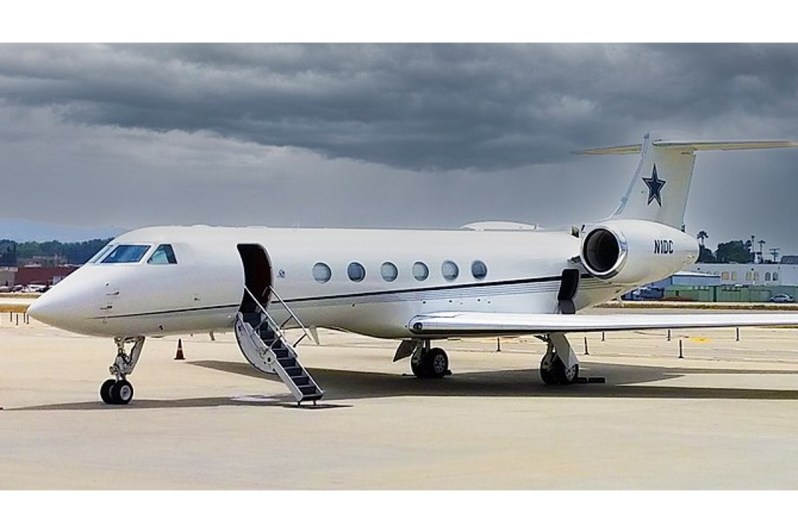The private jet business is booming and yet private jet operators are having a hard time meeting demand.
Commercial flights limited during the pandemic are now in utter chaos (aka, 10,000 flights delayed in one day). Demand for private air travel has soared, but supply is ensnared in the same geopolitical uncertainty and logistical woes, and it is unsure if private air travel can keep up.

While scheduled airline traffic is still down 23% compared to pre-pandemic numbers, research consultancy firm WINGX found that business aviation flights are up 25% from June 2019 U.S. numbers, while in the U.K., chartered flights are up 27% compared to 2019. There are competing interests for those private flights between luxury travelers and the ultra rich who can afford to buy their own private jets.
Since March 2021, the world’s 2,755 billionaires have watched their combined wealth balloon by $5 trillion to $13.4 trillion, Forbes found in a January Oxfam International survey analysis. Private luxury has seen the billionaires bearing these riches suffocate the market, leaving only 3.1% of the worldwide fleet available as of late February. This is the lowest level recorded in more than 25 years, according to market data firm JetNet IQ.
Meanwhile, the FAA reports that business jet use rose by 23% since March 2021. While leisure travel is up, the Institute of Travel Management’s latest survey of European buyer members revealed that corporate buyers don’t expect business travel to return to pre-pandemic levels, especially during inflationary times. Adding to a daily glut of flight delays and cancellations, wariness of potential exposure to COVID-19 and monkeypox are supply chain issues. Companies desperate for aviation transportation are only stressing private plane makers are facing serious thunderclouds on the horizon.
Updates from the May Business Aviation Conference & Exhibition read like the flood of injuries affecting Major League Baseball. VistaJet’s plans to refurbish its fleet by the end of 2022 have now been pushed forward to the end of 2024, Chief Commercial Officer Ian Moore said. Dassault Aviation CEO Eric Trappier stated that certification slowdowns will delay the Falcon 6X until 2023. Gulfstream Aerospace president Mark Burns said the FAA is taking its time to approve new airplane software in the wake of the Boeing Max crashes. CEO Michael Amalfitano said Embraer Executive Jets’ production is suffering from shortages of computer chips.
Private aviation companies are trying to keep up — buying jets, hiring pilots, and even purchasing competitors at record clips, but stubborn supply shortages are not meeting demand. As a result, booking travel with private airlines is less selective and pricier for consumers. Flights for nonmembers are growing rarer by the day as seats are reserved for fractional and jet card owners.
Private airlines that want to purchase further crafts either have to buy them used from competitors or compete with private buyers. Airport maintenance shops across the country are at mandatory capacities, delaying upkeep. Jet fuel prices remain sky high, driving prices to record numbers.
“Business aircraft demand signals — strong sales, pricing, and backlogs — are as clear as Sputnik’s beep-beep-beep radio pulses. Our industry is struggling to keep up with demand and quickly ramp up new aircraft production,” said JetNet iQ creator and director Rollie Vincent in a forecast.
Aviation industry experts vary widely in their opinions on whether the private air industry can sustain such a sudden appetite for private air travel. In a strange, strained age, celebratory news is often soon contradicted by global realities brought on by pandemic stresses and continued armed conflicts. While the answer might seem obvious in a sane world, these are wobbly times.



